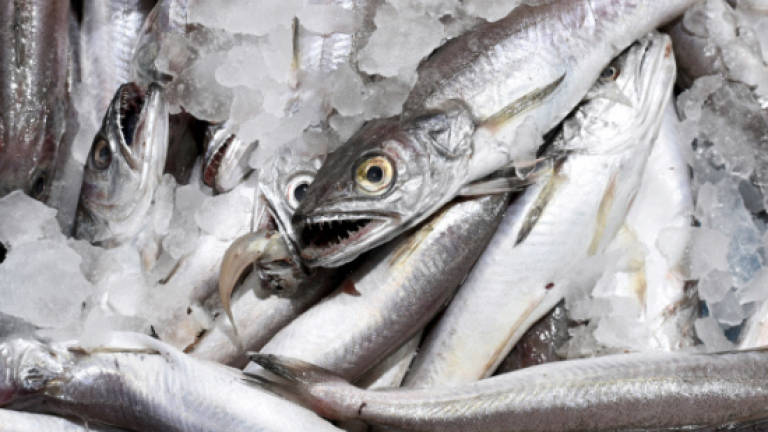Mercury in fish could increase risk of ALS, study finds

EATING: fish containing higher levels of heavy metals could increase the risk of amyotrophic lateral sclerosis (ALS), a rare neurodegenerative condition that affects one in 20,000 people worldwide, according to research from the USA that will be presented at the American Academy of Neurology's 69th Annual Meeting in Boston, April 22 to 28, 2017.
Fish and seafood contaminated with heavy metals such as mercury could be linked to a higher risk of amyotrophic lateral sclerosis (ALS), according to a preliminary study from the American Academy of Neurology.
Amyotrophic lateral sclerosis (ALS), also known as Lou Gehrig's disease and motor neuron disease (MND), is a serious neurodegenerative disease that usually starts between the age of 50 and 70. Average survival from onset to death is around three to five years.
Although previously suspected, this environmental risk has now been verified by researchers at Dartmouth College (New Hampshire) in the USA. The scientists followed 518 patients, 294 of whom had ALS, looking at the type and quality of fish and seafood they ate, how often they ate it, and where they sourced their produce (bought from stores or caught while fishing).
The scientists found that 61% of people with ALS were in the top 25% of estimated mercury intake, compared to 44% of participants who did not have ALS.
According to the study, the participants who ate the largest amount of fish and seafood on a regular basis had a two-fold higher risk of ALS compared to participants with lower mercury levels.
Fish to avoid: swordfish, shark, tuna, sea bream
Swordfish, shark, tuna, sea bream and lamprey are among the predatory fish that contain the highest levels of mercury, which could cause damage to the central nervous system. Fish lower down the food chain, like sardines and mackerel, contain lower levels of the metal.
The regulatory limit for mercury in fresh fish is 0.5 mg/kg. Note that previous research has found that organic fish and farmed fish are not spared from the risk of contamination.
To ensure significant omega-3 intake while minimising toxicity, health authorities recommend choosing fish and seafood such as anchovies, capelin, Arctic char, hake, herring, mackerel, white sucker, pollock, salmon, smelt, rainbow trout, vendace, crab, shrimp, clams, mussels and oysters.
In the USA, the Environmental Protection Agency regularly updates its advice to pregnant women, children and vulnerable individuals, and notably recommends restricting the intake of certain seafood and fish (tuna and swordfish, in particular).
The study will be presented at the American Academy of Neurology's 69th Annual Meeting in Boston, USA, April 22 to 28, 2017. — AFP Relaxnews